All trainers have active research programs in basic, translational, or clinical cancer research with a strong portfolio of peer-reviewed, extramurally funded research grants, and have a solid history of successfully mentoring pre- and post-doctoral trainees.
Faculty Trainers
This is an accordion element with a series of buttons that open and close related content panels.
Heather Neuman, MD, MS
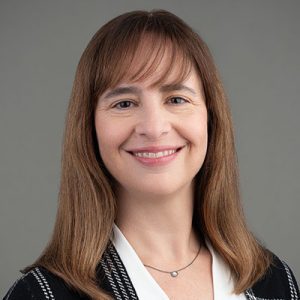
Heather Neuman, MD, MS, Program Co-Director
Professor in the Division of Surgical Oncology
Dr. Neuman is an Associate Professor in the Division of Surgical Oncology. Her research focuses on patient-oriented clinical outcomes including patient decision-making, quality of life and survivorship. Her primary research uses mixed methods to improve the quality and efficiency of breast cancer follow-up provided to breast cancer survivors and investigates the use of decision aids to improve patient decision-making surrounding breast cancer surgery. Additionally, she is the principle investigator for a number of surgical clinical trials focused on melanoma. She has served as the primary mentor for trainee Dr. Stankowski-Drengler as well as on the mentoring committees for Drs. Livingston-Rosanoff and Vande Walle.
Wei Xu, MS, PhD
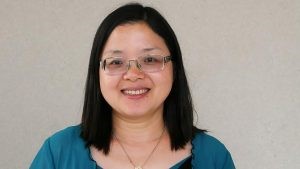
Wei Xu, MS, PhD, Program Co-Director
Marian A. Messerschmidt Professor of Cancer Research and Oncology
Dr. Xu is a Professor of Oncology in the Department of Oncology at the McArdle Laboratory for Cancer Research. Her research focuses on exploring the protective roles of environmental and nutritional estrogenic compounds in mammals for breast cancer prevention and treatment. Her lab has developed the Bioluminescent Resonance Energy Transfer (BRET) assays for detecting in vivo homodimerization and heterodimerization of ERa and ERb induced by estrogenic compounds. These assays have been optimized for high throughput screening, which allow us to identify novel estrogenic compounds capable of differentially modulating these dimer forms. Biological functions of these estrogenic compounds are currently being investigated in cell-based and breast cancer mouse models. Furthermore, the compounds will be utilized in gene expression microarrays for identification of clinically relevant ERb-directed biomarkers for breast cancer diagnosis and prognosis. We have also employed biochemical and functional genomic approaches, as well as mouse genetics to decipher the significance of histone arginine methylation in tumor prevention, thereby facilitating the rational design of novel chemotherapy drugs by targeting the epigenome in breast cancer.
Trainers
This is an accordion element with a series of buttons that open and close related content panels.
Lisa Arendt, DVM, PhD
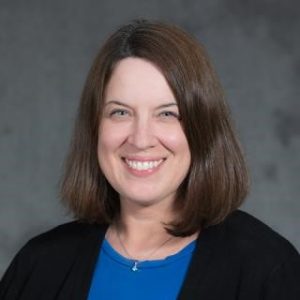
Lisa Arendt, DVM, PhD
Associate Professor in the Department of Comparative Biosciences
Dr. Arendt is an Assistant Professor in the Department of Comparative Biosciences. Her basic science research focuses on obesity, breast cancer, stromal/epithelial interactions. She is funded by an NCI R01 as well as collaborates on an NIH R21.
Anjon Audhya, PhD
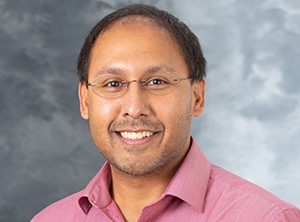
Anjon Audhya, PhD
Professor and Senior Associate Dean for Basic Research, Biotechnology, and Graduate Studies
Dr. Audhya is a Professor in the Department of Biomolecular Chemistry. His research focuses on understanding fundamental mechanisms by which membrane proteins, lipids, and other macromolecules are transported throughout eukaryotic cells focusing on the impact of mutations in key trafficking components that lead to cancer. He is funded by 3 R01s and an NSF grant. He is also involved in teaching of Rigor, Reproducibility and Becoming an Effective Researcher through a formal program in the Department of Pharmacy.
Howard Bailey, MD
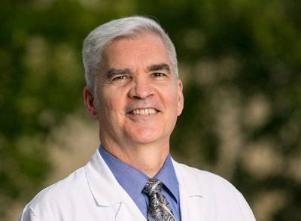
Howard Bailey, MD
Director and Associate Dean of Oncology at the Carbone Cancer Center; Professor in the Division of Hematology, Oncology and Palliative Care
Dr. Bailey is a Professor of Medicine, the Associate Dean for Oncology and Director of the UW Carbone Cancer Center. His clinical expertise is in sarcomas and gynecologic malignances and his research focus is in anti-cancer drug development especially chemoprevention and research network development. Dr. Bailey is the PI of the UW Chemoprevention Consortium, an NCI-sponsored research network of Universities that conduct Phase I and II clinical trials for chemopreventive agents. Dr. Bailey also leads the UWCCC chemoprevention scientific program and chemoprevention disease oriented work group.
David Beebe, PhD
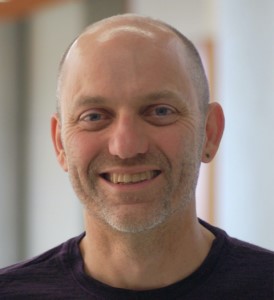
David Beebe, PhD
Professor of Biomedical Engineering at the Stem Cell and Regenerative Medicine Center
Dr. Beebe is the Claude Bernard Professor of Biomedical Engineering, the John D. MacArthur Professor and a member of the Department of Pathology and Laboratory Medicine. His research focuses on microfluidics, cell and cancer biology. The goal of Dr. Beebe’s work is to increase understanding of cell behavior through the integration of cellular scale engineering that recapitulate the microenvironmental characteristics needed for biological insight, diagnosis/treatment, and enhanced discovery.
Christopher Bradfield, PhD
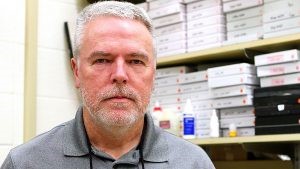
Christopher Bradfield, PhD
Professor of Oncology at the McArdle Laboratory for Cancer Research
Mark Burkard, MD, PhD
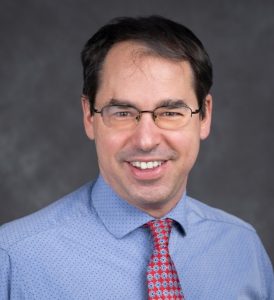
Mark Burkard, MD, PhD
Associate Professor of Oncology and Hematology-Oncology
Dr. Burkard is an Associate Professor in the Division of Hematology, Medical Oncology, and Palliative Care with the Department of Medicine. He is the Associate Director of Genomics and Precision Medicine with the UW Carbone Cancer Center; a co-leader of the University of Wisconsin Carbone Cancer Center Basket Cancer disease-oriented team; the chair of the UW Carbone Cancer Center/WON Precision Medicine Molecular Tumor Board; and the co-chair of the Big Ten Cancer Research Consortium Basket Group. His research is focused on understanding the drivers of genomic changes in breast cancer, and developing precision treatments. His laboratory seeks to advance cancer therapy by identifying person-to-person differences in cancer behavior, and using this knowledge to select the best treatment. Ongoing projects seek to customize treatment for people with metastatic cancer in collaboration with colleagues across Wisconsin, and to identify which patients will benefit from targeted drugs, chemotherapy and immunotherapies.
Lisa Cadmus-Bertram, PhD
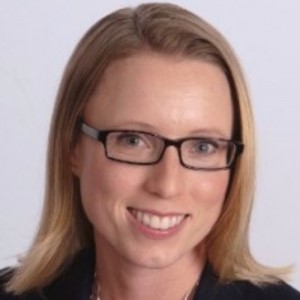
Lisa Cadmus-Bertram, PhD
Associate Professor in the Department of Kinesiology
Dr. Cadmus-Bertram is an Assistant Professor in the Department of Kinesiology and a member of the Cancer Prevention and Control program at the UW Carbone Cancer Center. She holds a joint Ph.D. in Epidemiology and Psychology with 14 years of research experience in energetics and cancer. Her research examines the link between physical activity and sedentary behavior and chronic disease risk; mobile technologies to promote health; and the integration of health behavior promotion with clinical care. Current research projects are evaluating cancer survivorship and interventions related to colorectal and breast cancer. She holds an R37 and an R03 and recently completed a K07. We anticipate her transition to a full trainer in the next 1-2 years.
Christian Capitini, MD
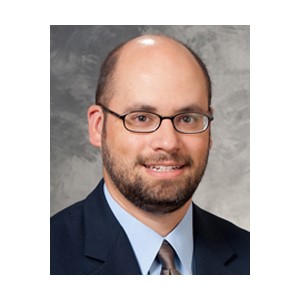
Christian Capitini, MD
Associate Professor in the Division of Pediatrics
Evie Carchman, MD
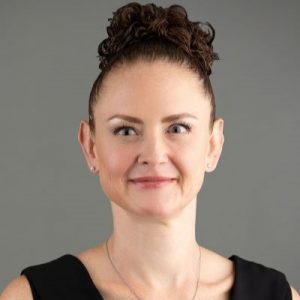
Evie Carchman, MD
Assistant Professor in the Division of Colorectal Surgery
Dr. Carchman is an Assistant Professor in the Division of Colorectal Surgery. Her research focuses on the pathogenesis and treatment of anal cancer and is actively engaged in collaborative basic science research with Drs. Lambert and Deming. She has served as an Associate Trainer for prior trainees including Dr. Papageorge and Dr. Rademacher who were able to successfully achieve their individual development goals during their fellowship. In addition, both of her trainees won awards for the quality of their research presentations and successfully obtained supplementary grant awards.
Dustin Deming, MD
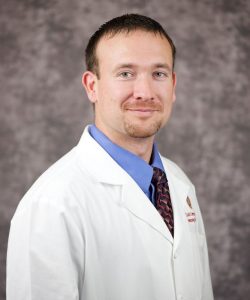
Dustin Deming, MD
Associate Professor in the Division of Hematology and Oncology
Dr. Deming is an Associate Professor in the Division of Hematology Oncology. His research focuses on developing treatments for subtypes of colon cancer and other gastrointestinal cancers using animal models to test personalized regimens for patients based on each patient’s tumor mutations. His laboratory has developed 3-dimensional cell culture techniques for clinical cancer research. Additionally, Dr. Deming is actively involved in several clinical trials related to cancer research providing outstanding opportunities for trainees in translational and clinical methodologies. Dr. Deming co-mentored prior trainee, Dr. Terrah Paul Olson in Dr. Halberg’s lab.
Kevin Eliceiri, PhD
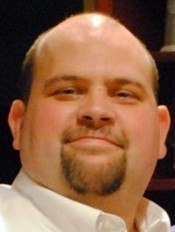
Kevin Eliceiri, PhD
RRF Walter H. Helmerich Professor of Medical Physics and Biomedical Engineering
David O. Francis, MD
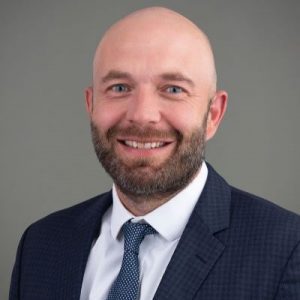
David O. Francis, MD
Associate Director of the Wisconsin Surgical Outcomes Research Program; Associate Professor in the Division of Otolaryngology-Head & Neck Surgery
Shaoqin Sarah Gong, PhD
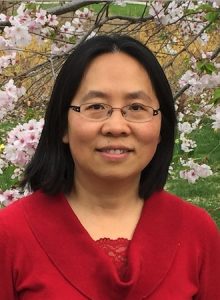
Shaoqin Sarah Gong, PhD
Vilas Distinguished Achievement Professor at the Wisconsin Institute for Discovery
Dr. Gong is a Vilas Distinguished Professor in the Department of Biomedical Engineering. Her research focuses on the design, synthesis/fabrication, and characterization of novel materials and devices. Many of her labs on-going projects are multidisciplinary, bridging engineering with materials science, chemistry, and the life sciences. These include multifunctional nanocarriers, CRISPR genome editing, cancer immunotherapy, and tissue engineering scaffolds.
David Jarrard, MD
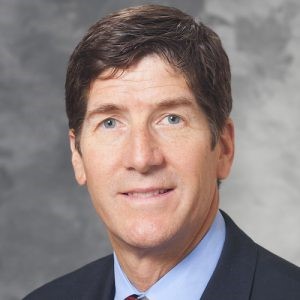
David Jarrard, MD
John P. Livesey Chair in Urologic Oncology; Associate Director, UW Carbone Cancer Center
Dr. Jarrard is a Professor in the Department of Urology and Associate Director for Translational Sciences in the Carbone Cancer Center. He has an active basic science laboratory and is funded through the National Institutes of Health and Department of Defense in the field of senescence and epigenetics. Dr. Jarrard’s career experience and extensive laboratory resources help provide an outstanding environment for research training. His research involves both benign and malignant disease; however, one of Dr. Jarrard’s greatest contributions to this project is in helping to mentor Associate Trainers.
Pamela Kreeger, PhD
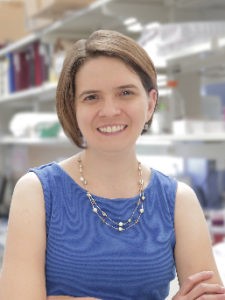
Pamela Kreeger, PhD
Professor of Biomedical Engineering in the Department of Cell and Regenerative Biology
Dr. Kreeger is an Associate Professor with the Department of Biomedical Engineering. She holds affiliations with the Department of Cell and Regenerative Biology as well as the UW Carbone Cancer Center. The Kreeger lab utilizes systems biology and tissue engineering to analyze cellular behavior in a variety of biological contexts. Her research focuses on systems biology, cell-cell interactions, angiogenesis, and ovarian cancer. The ultimate goal of her research is to develop models that can be used to identify new drug targets, match patients to the most effective drugs, and identify methods to direct cellular behavior.
Paul Lambert, PhD
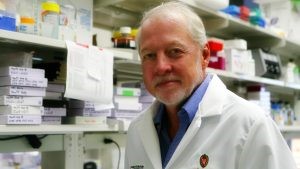
Paul Lambert, PhD
Howard M. Temin Professor and Chair of Oncology; Director of the McArdle Laboratory for Cancer Research
Dr. Lambert is the Howard W. Temin Professor and Chair of Oncology as well as the Director of the McArdle Laboratory for Cancer Research. His research focuses on understanding the role of human papillomavirus (HPV) in cancer. Through the use of genetically engineered mice (GEM), the Lambert research program has developed models for HPV-associated cervical, anal and head/neck carcinogenesis, defined the individual roles of viral oncogenes in carcinogenesis in these organs, identified the mechanisms of action by which these oncogenes contribute to carcinogenesis, defined their temporal role in carcinogenesis, and defined the roles of estrogen and its receptor in cervical carcinogenesis and the utility of estrogen receptor antagonists in treating and preventing cervical cancer.
Timothy McCulloch, MD
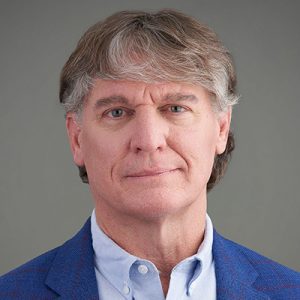
Timothy McCulloch, MD
Charles N. Ford Professor in the Division of Otolaryngology
Dr. McCulloch is an active long-standing researcher with the Division of Otolaryngology-Head and Neck Surgery with successful mentorship of both predoctoral and postdoctoral trainees in the field of head and neck cancer research. He has a proven track record of leadership and research experience including serving as a PI on an R21 and Co-Investigator on two R01s. Furthermore, UW was recently awarded a SPORE grant in Head and Neck Cancer, and Dr. McCulloch will provide an important avenue to collaboration with this highly successful group.
Stephen Meyn, MD, PhD
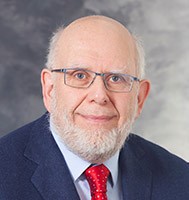
Stephen Meyn, MD, PhD
Professor in the Department of Pediatrics
Dr. Meyn is a Professor of Molecular Genetics and Pediatrics as well as the Director, Center for Human Genomics and Precision Medicine. His research focuses on biodemography, and he has an international reputation as a genetics researcher and his work has spanned the continuum of basic, clinical, and translational science.
Muhammed Murtaza, PhD
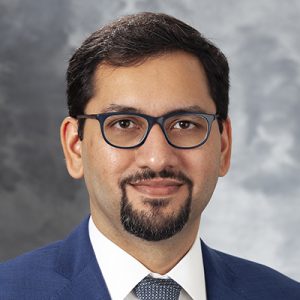
Muhammed Murtaza, PhD
Associate Professor in the Division of Surgical Oncology
Brian William Pogue, PhD
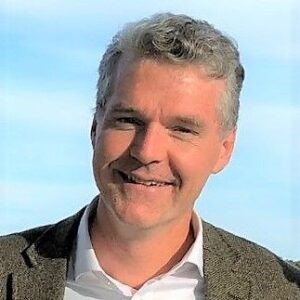
Brian William Pogue, PhD
Department Chair and Professor in the Department of Medical Physics
Scott Reeder, MD, PhD
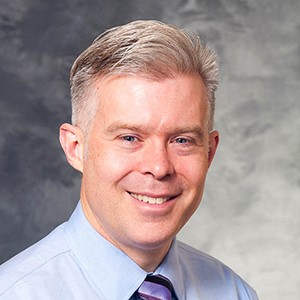
Scott Reeder, MD, PhD
Vice Chair of Research and Professor in the Department of Radiology
Dr. Reeder is a Professor and Vice Chair of Research in the Department of Radiology, the H.I. Romnes Faculty Fellow, and the Director of the NIH-funded Liver Imaging Research Program. This group performs research in technical development and translation of new imaging methods particularly related to quantitative imaging biomarkers to assess liver disease. He has expertise in MR physics particularly in abdominal imaging and has collaborated with other trainers in this program on research related to liver disease. He is the past director of the UW Clinical MRI Fellowship and a former associate director of the Medical Scientist Training Program. He has an outstanding track record in teaching, and has mentored two surgical residents, including Dr. Alexandra Acher, currently on a UW-SORT T32.
Sean Ronnekleiv-Kelly, MD
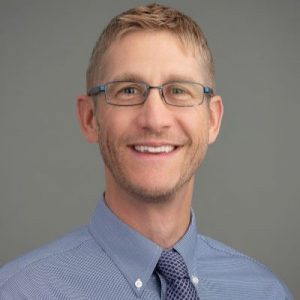
Sean Ronnekleiv-Kelly, MD
Endowed Professor, Ronald E. and Patricia A. Kissinger Surgical Oncology Research Professorship in the Division of Surgical Oncology
Dr. Ronnekleiv-Kelly is an Assistant Professor in the Division of Surgical Oncology, the endowed Ronald E. and Patricia A. Kissinger Surgical Oncology Research Professor, and was previously a trainee with UW-SORT. After completing his clinical training and fellowship, he joined our faculty in 2017. He is currently developing an independent basic and translational science program focusing on how an ‘environmental sensor’ family of proteins (Per-Arnt-Sim or PAS proteins) functions to modify the tumor and immune microenvironment in cancer. This includes circadian proteins and the aryl hydrocarbon receptor. Specifically, he aims to understand how these proteins modulate immune cell infiltration into tumors, and plans to target these pathways to enhance immune cell targeting and killing of cancer cells. He has received several pilot grants to develop this work and a KL2 scholar award. His unique insights will provide an outstanding foundation for surgical trainees interested in building a basic science cancer research program.
Margaret "Gretchen" Schwarze, MD, MPP
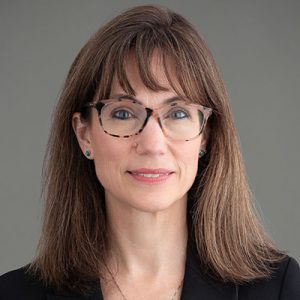
Margaret “Gretchen” Schwarze, MD, MPP
Associate Professor in the Division of Vascular Surgery
Dr. Schwarze is a clinical ethicist with a funded program in health services research. She is an Associate Professor with Tenure in the Division of Vascular Surgery and holds the Morgridge Endowed Professorship in Vascular Surgery. Dr. Schwarze is a national expert in surgical decision making and end-of-life care focused on interventional strategies and rigorous observational studies to improve clinical decision making for older patients with multiple chronic conditions. Her work tests interventions to improve the care of surgical patients and others considering high-stakes decisions, including patients with end-stage renal disease. Dr. Schwarze is known nationally for her mentorship, as exhibited by her mentorship of 2 K award recipients outside of UW and by the high-profile presentations and publications of her trainees.
Rebecca Sippel, MD
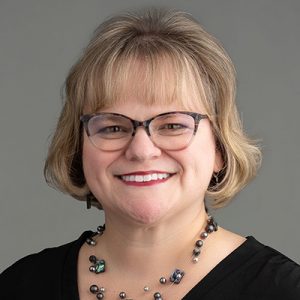
Rebecca Sippel, MD
Chair and Professor in the Division of Endocrine Surgery
Dr. Sippel is a Professor and Vice Chair of Academic Affairs and Professional Development for the Department of Surgery and the Chief of the Division of Endocrine Surgery. She conducts translational research investigating the etiology and treatment of endocrine tumors with a special interest in thyroid cancer. She also conducts clinical research to improve the care and outcomes of patients with endocrine tumors. Dr. Sippel also has an extensive track record for mentoring dozens of medical students and postdoctoral researchers during their research training. She has a strong background as a surgeon leader having served as the past president of the Association of Academic Surgery.
Paul Sondel, MD, PhD
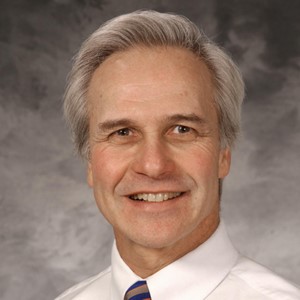
Paul Sondel, MD, PhD
Professor in the Department of Human Oncology
Dr. Sondel is Professor of Pediatrics and his training and career have focused on using the immune system as cancer treatment. All of his work is directly translational, and he has been able to truly bring findings in the lab from the bench to the bedside. Dr. Sondel’s research program has been continuously supported through many sources, including NCI support since 1982 as well as NIH R01 and multi-investigator grants. Dr. Sondel served as the head of the UW Division of Pediatric Hematology, Oncology and Bone Marrow Transplantation from 1990 to 2016 when he transitioned to the Director of Research in this Division. He has served nationally on many cancer immunology advisory committees and has a steady record of service to the NCI, through study sections, advisory boards, and review panels.
Amy Trentham-Dietz, PhD
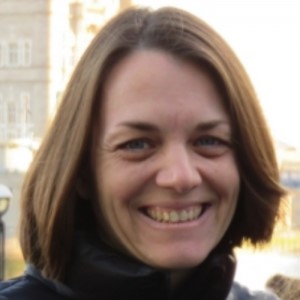
Amy Trentham-Dietz, PhD
Associate Director of Population Science at the Carbone Cancer Center; Professor of Population Health Sciences
Dr. Trentham-Dietz is a Professor of Population Health Sciences and the Associate Director of Population Health Sciences for the UW Carbone Cancer Center. As a cancer epidemiologist, her research is focused on breast cancer prevention, early detection and outcomes. She employs novel and traditional epidemiologic approaches in her studies complemented by methods derived from health services research and simulation modeling. She has approached breast cancer prevention and detection by focusing on 1) modifiable lifestyle factors including obesity, physical activity, and environmental factors; 2) ductal carcinoma in situ (DCIS) as a non-obligate precursor for invasive breast cancer; and 3) simulation modeling to examine risk-based approaches to screening for breast cancer.
Lee Wilke, MD
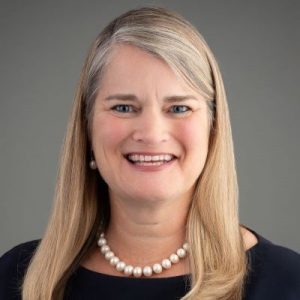
Lee Wilke, MD
Associate Director of Clinical Research at the UW Carbone Cancer Center; Professor in the Division of Surgical Oncology
Dr. Wilke is a Professor with the Division of Surgical Oncology, the Hendricks Chair in Breast Cancer Surgery Research, and the Director of the UW Health Breast Center. She also serves as a faculty leader for the UW Carbone Cancer Center Translational Science Biocore. Her principal research interest is in clinical trials seeking novel methods of treating patients with breast cancer.Dr. Wilke is a member of the Commission on Cancer and the Executive Board of the American College of Surgeons Oncology Group.
Ben Zarzaur Jr., MD, MPH
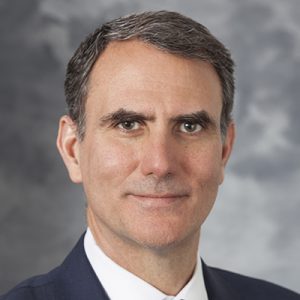
Ben Zarzaur Jr., MD, MPH
Endowed Chair in the Division of Acute Care and Regional General Surgery
Associate Trainers
This is an accordion element with a series of buttons that open and close related content panels.
Julia Berian, MD, MS
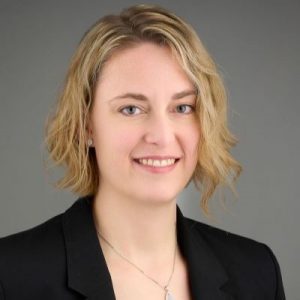
Julia Berian, MD, MS
Assistant Professor in the Division of Colorectal Surgery
Christopher Brace, PhD
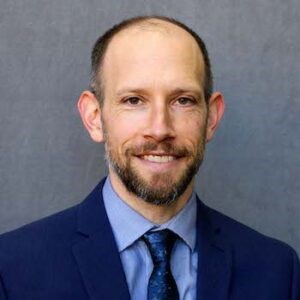
Christopher Brace, PhD
Associate Professor in the Departments of Radiology and Biomedical Engineering
Dr. Brace is an Associate Professor and Associate Chair of Graduate Admissions in Biomedical Engineering with research interests focused on interventional oncology; thermal ablation; image-guided therapy, and biomedical imaging. His research interests intersect with the clinical disciplines of Oncology, Surgery, Radiology, and Urology. He served as a past faculty Co-Director of the DELTA program at UW-Madison which provides effective and inclusive teaching and mentoring for all students.
Luke Funk, MD
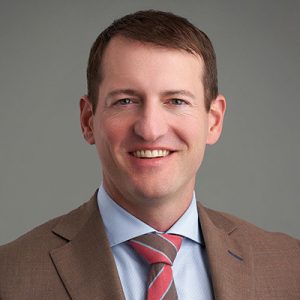
Luke Funk, MD
Associate Professor in the Department of Surgery
Dr. Funk is an Associate Professor and Director of Research in the Division of Minimally Invasive Surgery at UW-Madison as well as the Chief of General Surgery at the William S. Middleton VA. His research focuses on national patterns of surgical care, access to surgical care and improving the quality of surgical care. He also studies obesity treatment, the decision-making involved in the care of obese patients, and the long-term impact of obesity on overall health, including cancer risk. In addition to studying the role of obesity in cancer, Dr. Funk provides important expertise in surgery as prevention and improvement of quality of life after surgical intervention. As an Associate Trainer with the program, his experience and aptitude provide an outstanding foundation for young surgeon-scientists looking to develop the necessary skills to build a research program in health services research. Dr. Funk co-mentors Dr. Natalie Liu on the UW-SORT T32 and participates actively in the instruction of trainees through the WiSOR fellows program. We anticipate his transition to a full Trainer in the next year.
Hau Le, MD
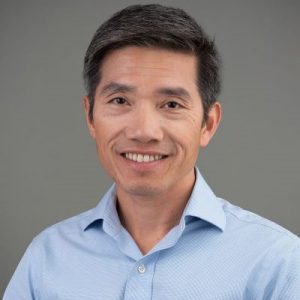
Hau Le, MD
Director of Pediatric Surgical Oncology; Assistant Professor of Biomedical Engineering
Zachary Morris, MD, PhD
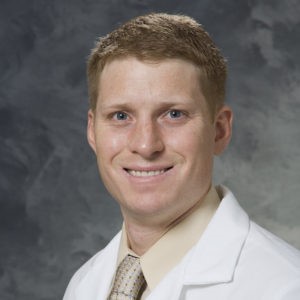
Zachary Morris, MD, PhD
Associate Professor in the Department of Human Oncology
Dr. Morris is an Assistant Professor in the Department of Human Oncology. His research focuses on preclinical and translational research studies of the mechanisms whereby radiation may impact the anti-tumor response to immunotherapies. He serves as program director for the University of Wisconsin Bentson Research Fellowship. His research is supported by an NIH Director’s Early Independence Award and holds projects with several larger center grants including institutional U01, U54, and SPORE grants. He has a track record of supporting postdoctoral research training as the research sponsor of several foundation level fellowships. Dr. Morris is poised to be a future leader in oncologic research.
Anand K. Narayan, MD, PhD
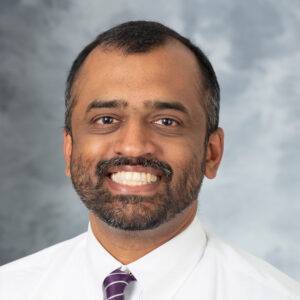
Anand K. Narayan, MD, PhD
Associate Professor in the Department of Radiology
Sharon Weber, MD
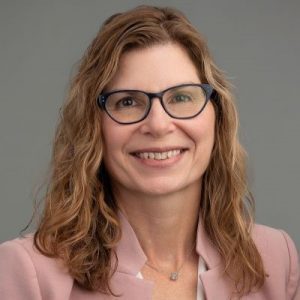
Sharon Weber, MD
Chair and Professor in the Division of Surgical Oncology
Dr. Weber is a Professor with the Division of Surgical Oncology and conducts translational research at the UW Carbone Cancer Center evaluating novel tumor selective agents which may be promising for imaging and/or treating tumors. She also conducts clinical research evaluating prognosticators of outcome in patients with liver, bile duct, and liver tumors. During her time at UW, Dr. Weber has served as a mentor for countless medical students and residents through her clinical and academic work.
Additional Faculty Instructors
This is an accordion element with a series of buttons that open and close related content panels.
Daniel E. Abbott, MD
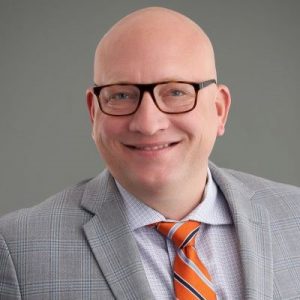
Daniel E. Abbott, MD
Professor in the Department of Surgery
Dr. Abbott is an Associate Professor with the Division of Surgical Oncology and Surgical Director of the UW Health Liver and Pancreas Center. His clinical outcomes research focuses on cost-effectiveness, systems efficiency, and socioeconomic disparity in cancer care. He is particularly interested in identifying opportunities to maintain or enhance cancer care using technology in more personalized settings. As an instructor, Dr. Abbott acts as an important collaborator and provides support and resources for trainees to pursue clinical projects within the framework of their individual development plans.
Rebecca Minter, MD, MBA, FACS
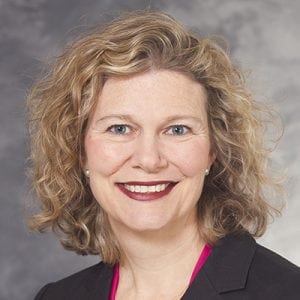
Rebecca Minter, MD, MBA
A.R. Curreri Distinguished Chair in the Department of Surgery
Dr. Minter is the A.R. Curreri Distinguished Chair of the Department of Surgery and Professor of the Division of Surgical Oncology. Dr. Minter’s research efforts are primarily focused within the domain of surgical education. This work is focused on the development of training frameworks which explicitly define progressive entrustment and the development of autonomy. Dr. Minter holds national leadership positions in multiple societies in recognition of her work in the field of surgical education and academic surgery, and is the immediate past President of the Society of University Surgeons and the Fellowship Council. She collaborates closely with multiple trainers on this grant and has served on the mentoring committees of trainees Drs. Fisher, Stahl, and Livingston-Rosanoff.
David Schneider, MD
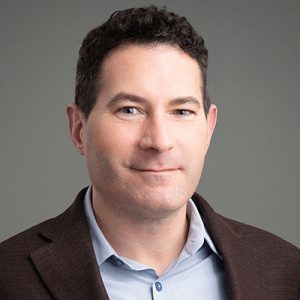
David Schneider, MD
Assistant Professor in the Division of Endocrine Surgery; Physician Informatics Director for Virtual Care at UW Health
Dr. Schneider is an Assistant Professor in the Division of Endocrine Surgery, serves as the Director of Endocrine Surgery Research as well as a Surgeon Informaticist for UW Health. He recently completed a KL2 award with a focus in cancer informatics research. His research group is broadly interested in improving decision-making for surgical patients specifically using natural language processing and machine learning tools to improve the diagnosis and treatment of indeterminate thyroid nodules. Dr. Schneider works with the Physician Informatics team to make critical decisions about the maintenance and enhancement of the electronic health record (EHR) including identifying the data to create quality dashboards, populate national registries, and improve physician efficiency. Outside of UW Health, Dr. Schneider serves as Chair of the Collaborative Endocrine Surgery Quality Improvement Project (CESQIP), Endocrine Surgery’s international quality registry. Dr. Schneider’s research experience provides trainees with a foundation for critically assessing diagnostic indicators for cancer patients and comparing those with treatment decisions and patient outcomes. This is essential for helping trainees frame their work in the view of clinical impact and develop skills for long-term career success as clinicians and scientists.
Glen E. Leverson, PhD
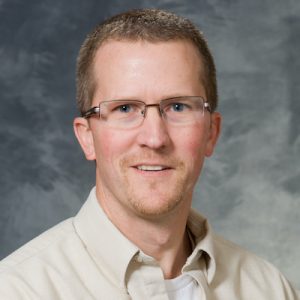
Glen E. Leverson, PhD
Senior Biostatistician in the Department of Surgery
Dr. Leverson is a distinguished scientist and biostatistician who has been working in the Department of Surgery for 24 years. He has vast experience consulting faculty and researchers in regards to statistical issues, having provided statistical collaboration for many of the trainers and trainees in this program. He has assisted in basic, bench, clinical, translational, and large data set research conducted in the divisions of otolaryngology, cardiothoracic surgery, general surgery, orthopedic surgery, plastic surgery, transplantation, urology and vascular surgery. He helps with study design, data acquisition, data validation, data analysis, interpretation and explanation of results, manuscript preparation, grant support and faculty and staff education.